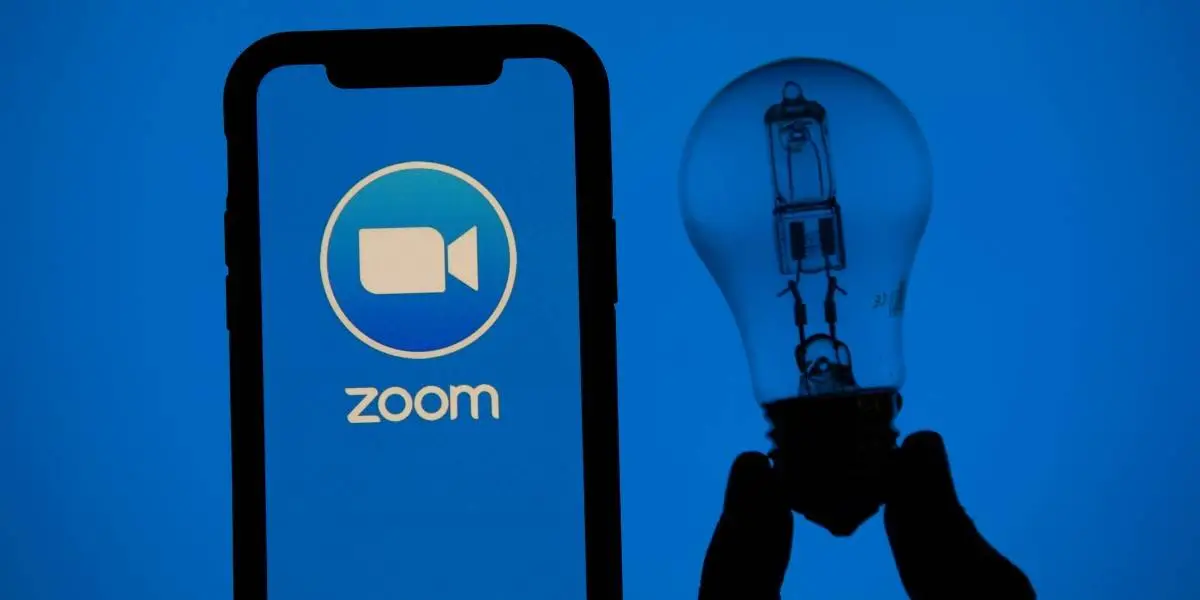Zoom CEO says workers can't build trust or unite... on Zoom
Zoom CEO says workers can't build trust or unite... on Zoom

www.theregister.com
Zoom CEO says workers can't build trust or unite... on Zoom

Zoom CEO says workers can't build trust or unite... on Zoom

Zoom CEO says workers can't build trust or unite... on Zoom
